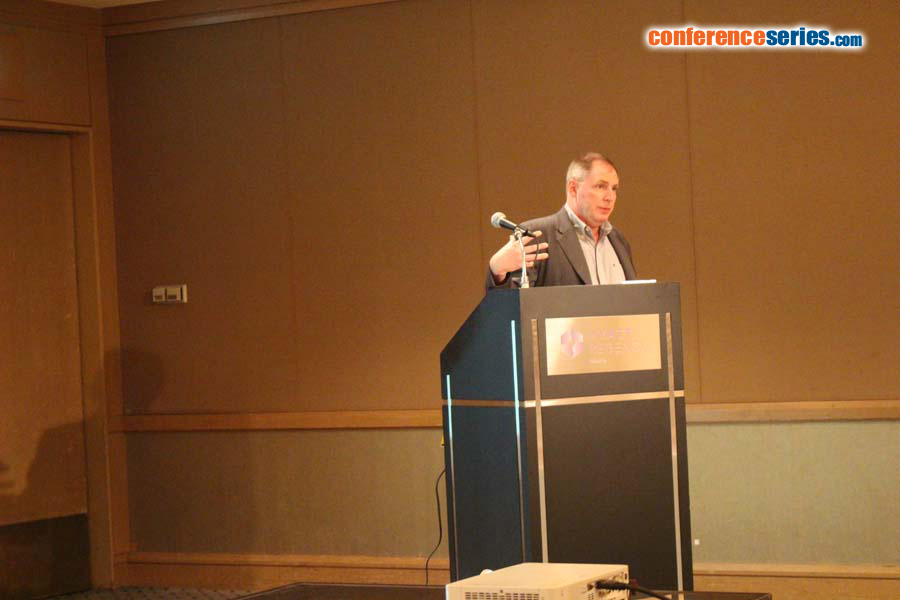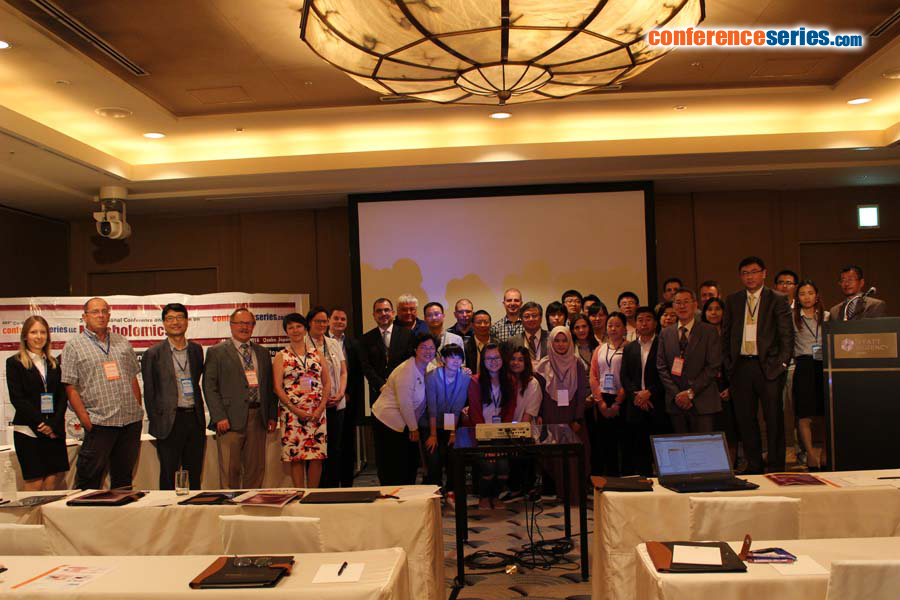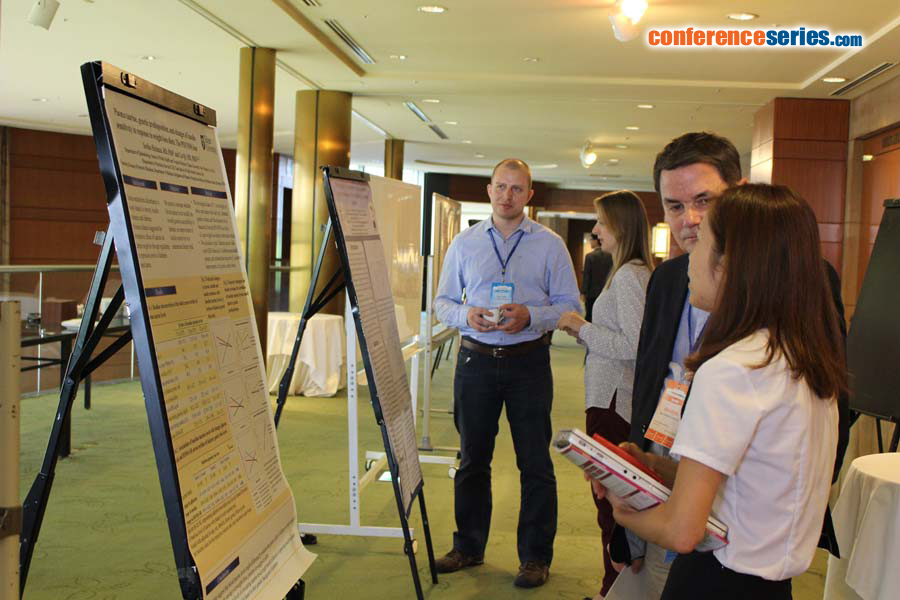
Robert Plumb
Imperial College London, UK
Title: Understanding human health and disease with LC/MS based metabolic phenotyping
Biography
Biography: Robert Plumb
Abstract
The MRC-NIHR National Phenome Centre, Imperial College London, is the first of its kind facility. Born out of the UK Olympic Legacy its mandate is to provide “high throughput, forensic quality, metabolic phenotyping to support large scale epidemiological studies as well as basic medical research into disease understanding and patient stratification”. As global life-styles change we are seeing increasing cases of obesity, diabetes, and mental health issues. This not only affects a person’s quality of life but also places increased strain on the health-care systems to provide the right treatment whilst managing costs closely. Metabolic Phenotyping offers a valuable and unique insight into the underlying biochemistry of diseases as well as the patients individual biochemistry “phenotype’, diet, health status, age and stress. To deliver this information, the analytical data generated in processed via a variety of chemometric modelling and analysis methodologies to deliver the relevant biochemical information. These chemometric platforms employed vary from simple multivariant analysis to highly complex model based analysis and is presented in a format ready for interpretation by medics. In this presentation, we will discuss the development of LC/MS analytical platforms as well as a detailed discussion on the workflow, validation, reporting and decision making process. The presentation will cover the development and validation of the “discovery’ screening methods for polar, non polar metabolites and lipid profiling using LC/MS methodology, as well as the quantitative targeted LC/MS assays and the various compounds classes such as bile acids, amino acids, eicosanoids, and acyl cartanines will also be discussed.




